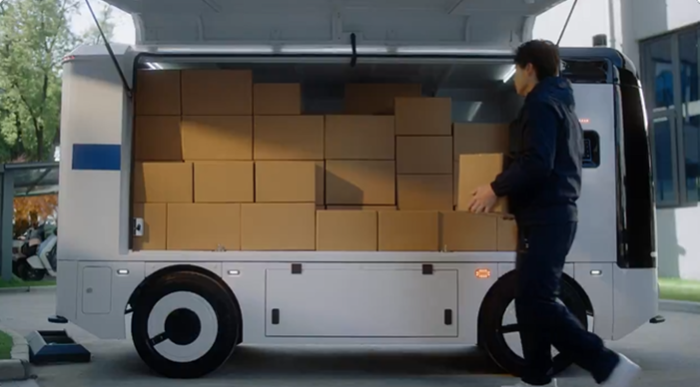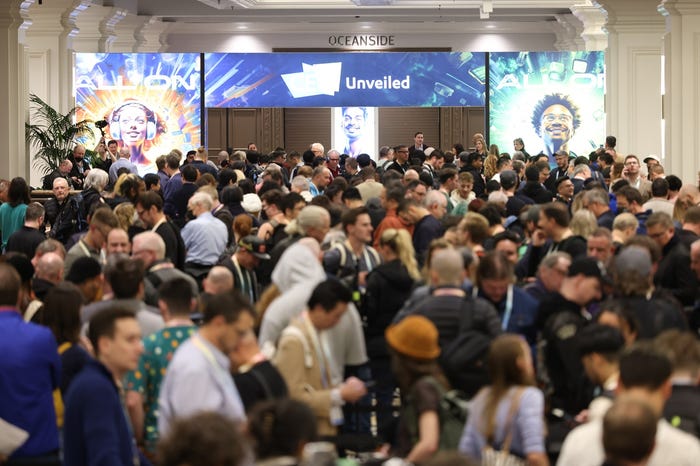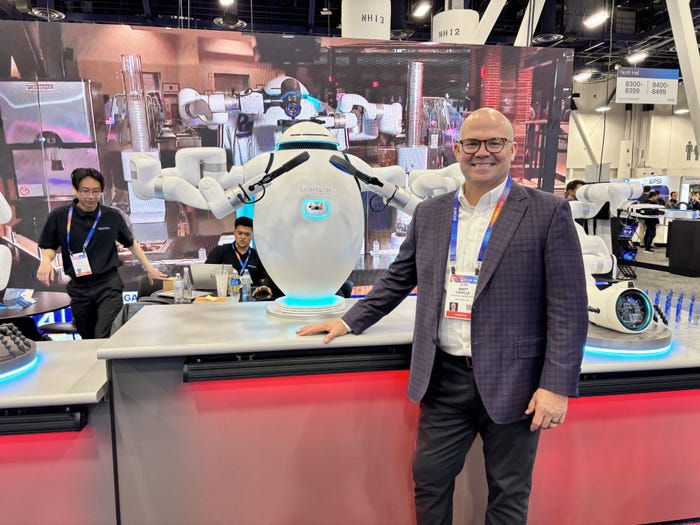San Francisco Files Lawsuit to Slow Self-Driving Taxi Rollout
The lawsuit appears to be San Francisco’s latest attempt to force more stringent regulation of self-driving taxis
.jpg?width=1280&auto=webp&quality=95&format=jpg&disable=upscale)
The city of San Francisco is stepping up its battle against self-driving taxis.
City Attorney David Chiu has filed a lawsuit against the California Public Utilities Commission following its decision last August to allow Waymo and Cruise to expand their operations in the city.
Chiu has been at the forefront of San Francisco’s attempts to stall the robotaxi rollout, filing motions with CPUC last year aimed at preventing both companies from extending their coverage.
The lawsuit appears to be San Francisco’s latest tactic in its attempt to force more stringent regulation of self-driving taxis, which have upset many in the city following a string of problems including blocking streets and impeding fire trucks.
It’s understood that Chiu would like CPUC to reconsider its decision with regard to Waymo’s ability to operate driverless 24/7 across large parts of the city. Cruise is unaffected as it has suspended all operations in the aftermath of an accident involving a pedestrian in October.
The lawsuit, filed in December and first reported in the Washington Post, reads: “As driverless AVs expanded in San Francisco, members of the public and city officials identified hundreds of safety incidents, including interference with first responders.
“Despite these serious safety incidents and over the objections of San Francisco, the commission approved requests by Cruise and Waymo to operate.”
The lawsuit also wants CPUC to develop reporting requirements and safety benchmarks for self-driving taxis.
Waymo issued a statement in response to San Francisco’s move, which said: “We are disappointed that the city has chosen to appeal the CPUC’s previous decision. However, we remain confident in our ability to continue safely serving San Francisco’s visitors and residents.
“We have continually demonstrated our deep willingness and longtime commitment to work in partnership with California state regulators, SF city officials and first responders and continue to stand by that approach.”
News of the lawsuit comes at a particularly interesting time for Waymo. While Cruise’s plans are on hold indefinitely, it is eyeing significant expansion plans, announcing in January that it would be operating driverless on highways for the first time in Phoenix, Arizona, and then revealing it wants to launch commercial operations in Los Angeles later this year.
To do the latter it has to be approved by CPUC and after news of the LA application was revealed, it emerged that Waymo is also asking the agency to allow it to extend its coverage further around San Francisco, taking in the Bay Area down to Sunnyvale.
Waymo currently has 250 cars registered in the city.
How – or indeed if – the lawsuit will affect its plans is unclear, but it has until Feb. 16 to file an opposition brief to Chiu’s lawsuit, as does CPUC.
About the Author
You May Also Like








